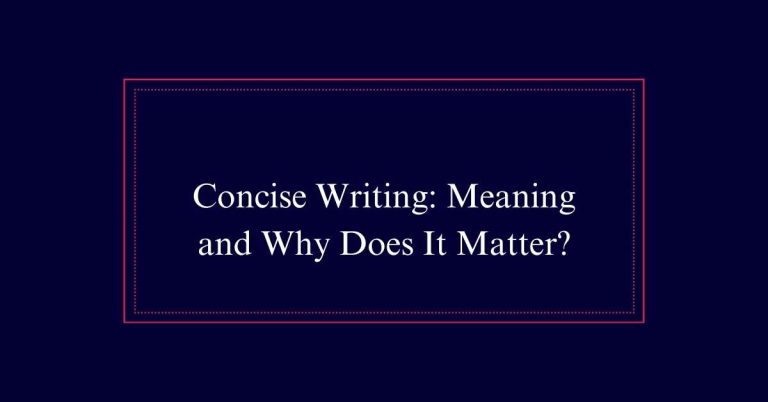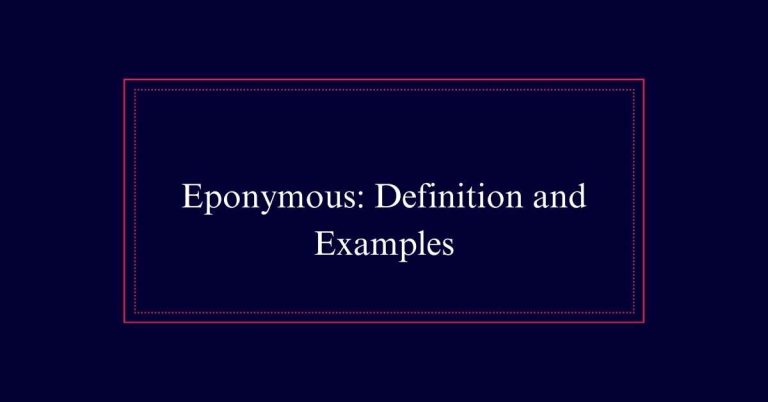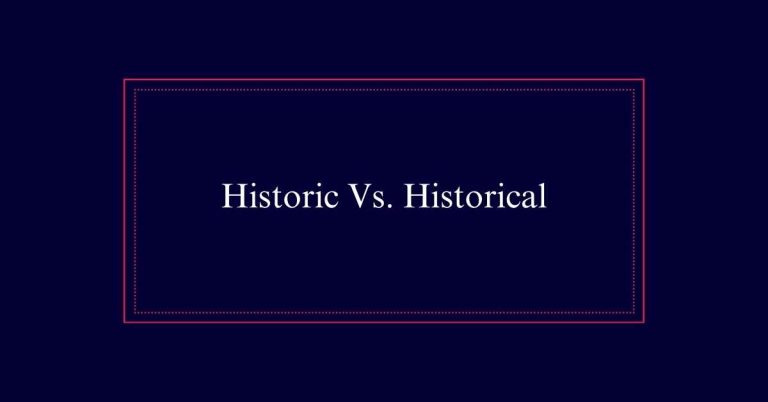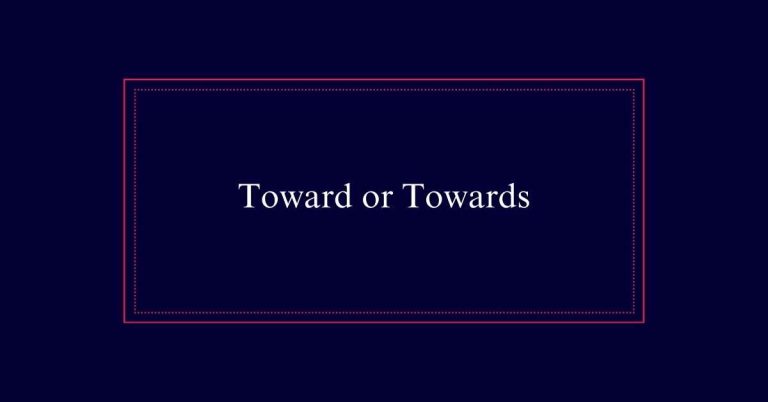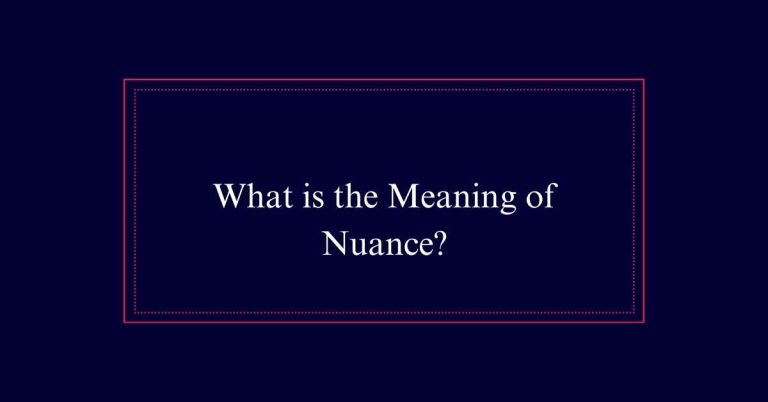“My Apology” or “My Apologies”?
Choosing between ‘my apologies’ and ‘my apology’ depends on the context. ‘My apologies’ expresses remorse and is used in both formal and informal settings to convey regret, similar to saying ‘I’m sorry.’ It’s effective for addressing minor mistakes or delays courteously. On the other hand, ‘my apology’ refers to a specific instance of apologizing, usually in formal contexts like public statements or written communication, focusing on the act of apologizing for a particular event or mistake.
Understanding ‘My Apologies’
Understanding ‘My Apologies’ starts with recognizing its role in expressing regret and acknowledgment of a mistake. The phrase is commonly used to convey a sense of sorrow or remorse. It substitutes directly for saying ‘I’m sorry’ in both formal and informal settings.
Examples include apologizing for a delay or an error. My apologies’ can also be used when one cannot fulfill a commitment or attend an event. The phrase guarantees that the speaker acknowledges their responsibility and expresses sincere regret.
Its usage is versatile and can be adapted to various contexts, making it an essential part of courteous communication. Understanding its correct application is essential for effective and polite exchanges.
Understanding ‘My Apology’
While ‘my apologies’ is often used to express regret, ‘my apology’ serves a different purpose in communication. ‘My apology’ typically refers to a specific instance where an apology was made or is being referenced. It can often be found in formal or written contexts, such as public statements or official letters. This phrase emphasizes the act of apologizing rather than the emotion of regret.
Here’s a simple comparison to clarify:
| Phrase | Usage | Example |
|---|---|---|
| My Apologies | Expresses regret | “My apologies for the mistake.” |
| My Apology | Refers to a specific apology | “Please accept my apology.” |
| Apology (non-count) | General sense of apologizing | “A letter of apology.” |
Expressing Regret With ‘My Apologies’
Expressing regret with ‘My apologies’ is a straightforward and polite way to convey your remorse. It effectively communicates your acknowledgment of a mistake or an oversight while maintaining a respectful tone. Whether in personal or professional settings, using ‘my apologies’ can help to smooth over any misunderstandings and demonstrate your willingness to take responsibility.
- Professional Context: Apologize for a missed meeting or deadline.
- Personal Context: Express regret for a minor inconvenience or social faux pas.
- Formal Communication: Use in emails or letters to maintain professionalism.
- Everyday Interactions: A quick and courteous way to address small errors.
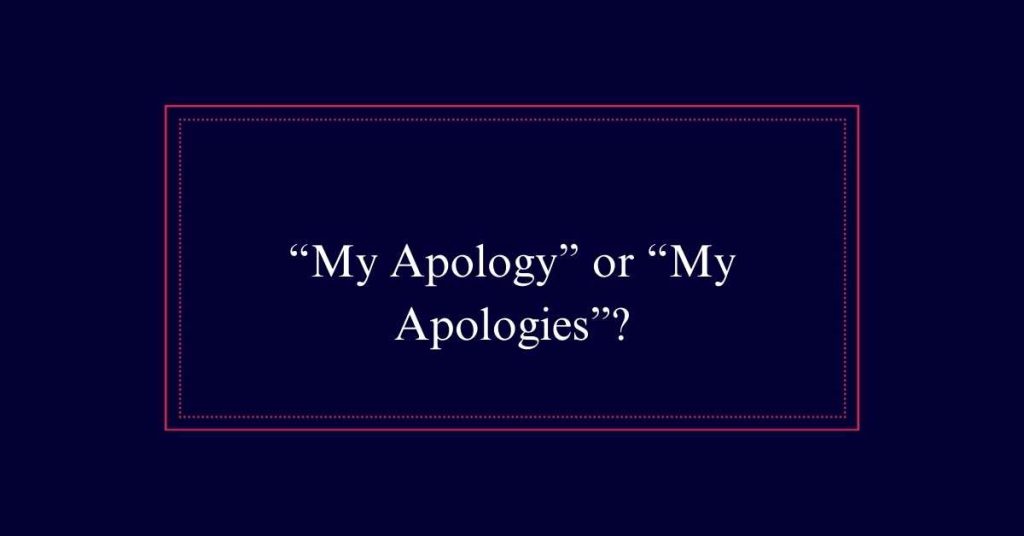
When to Use ‘My Apology’
‘My guarantee’ is typically used when referring back to a specific instance where an apology was previously made. This phrase emphasizes acknowledgment of a particular event or mistake. For example, one might say, ‘My guarantee for the oversight was well-received by the team.’ Here, it highlights a past apology, making it clear that the matter has been addressed.
It is also used in formal settings, such as public statements or written communications, to denote a single, specific act of contrition. Unlike ‘my apologies,’ which can be a general expression of regret, ‘my guarantee’ is precise and direct, focusing on a definite incident.
Using ‘my guarantee’ correctly ensures clarity in acknowledging responsibility.
Common Misconceptions
A common misconception is that ‘my apologies’ and ‘my apology’ are interchangeable in all contexts. However, their usage diverges based on specific scenarios. ‘My apologies’ is a formal way to say ‘I’m sorry,’ while ‘my apology’ refers to the act of apologizing previously made. This distinction is essential for precise communication.
‘My apologies’ should be used to express regret or sorrow directly.
‘My apology’ is appropriate when referencing a past apology.
‘My apologies’ often substitutes for ‘I’m sorry’ in polite contexts.
‘My apology’ usually appears in formal writings or speeches.
Understanding these differences helps in using the correct phrase, avoiding misunderstandings, and ensuring effective communication.
Literary Examples
To further illustrate the nuances between ‘my apologies’ and ‘my apology,’ examining their usage in literature provides clear examples.
In Veronica Roth’s *Insurgent*, a character says, ‘My apologies,’ to express regret for a misunderstanding. Similarly, Bernhard Schlink’s *The Reader* describes a yearning for ‘the warmth of my apologies,’ showing emotional depth in expressing regret.
Contrastingly, G.H. Hardy’s *A Mathematician’s Apology* uses ‘my apology’ to refer to a detailed defense of his passion for mathematics. Deb Caletti’s *Stay* highlights excessive remorse with ‘a thousand apologies.’
These examples show that ‘my apologies’ often conveys immediate regret, while ‘my apology’ can refer to more formal or reflective statements. Literature enriches our understanding of these expressions.
Apology in Plural Form
Using ‘apologies’ in the plural form often indicates a formal expression of regret for multiple actions or a general sense of sorrow. This usage can cover a range of situations, guaranteeing your expression of regret is understood clearly and appropriately.
For instance:
- Multiple offenses: When you need to apologize for more than one mistake.
- General regret: When expressing sorrow for a broader issue.
- Professional settings: To maintain formality in workplace communications.
- Substitute for ‘I’m sorry’: A polite way to apologize without using casual language.
In each of these cases, ‘my apologies’ is a versatile phrase that can help convey your regret in a respectful and all-encompassing manner. This ensures your apology is both effective and culturally appropriate.
Contexts of Apology
Understanding the various contexts in which ‘apology’ is used is key to conveying the correct sentiment in different situations.
‘My apology’ usually refers to a specific instance of saying sorry, often mentioned previously. For instance, ‘The public radio station aired my apology for the mistake.’
On the other hand, ‘my apologies’ is a more general expression of regret, often substituting for ‘I’m sorry.’ For example, ‘My apologies for being late.’
Additionally, ‘apology’ can be a noncount noun, as in, ‘The company sent a letter of apology.’
Which is the correct way to express an apology: “My Apology” or “My Apologies”?
When it comes to expressing an apology, the correct way is to use “My apologies” instead of “My apology.” The difference lies in the fact that “apologies” is a plural noun, while “apology” is a singular noun. So, it is essential to understand the apologise or apologize difference to convey the right message.
Tips for Using Apologies
A few strategic tips can enhance the effectiveness of your apologies. Clear and sincere expressions of regret can greatly impact relationships and professional settings. Here are some key pointers:
- Be Specific: Clearly state what you are apologizing for. This shows you understand the issue.
- Take Responsibility: Own your mistake. Avoid blaming others or making excuses.
- Offer a Solution: Suggest ways to address the problem or prevent it from happening again.
- Keep it Brief: A concise apology is often more effective. Avoid over-explaining or justifying your actions.
Practical Usage Examples
Practical examples can help illustrate the correct usage of ‘my apologies’ in different contexts.
For instance, if you are late to a meeting, you might say, ‘My apologies for being late.’
When declining an invitation, one could state, ‘Please accept my apologies for not being able to attend.’
In written communication, a formal letter might read, ‘My apologies for the oversight in the report.’
Conversely, ‘my apology’ is used to reference a specific apology.
For example, ‘I hope my apology for the error was clear.’
In formal contexts, one might say, ‘My apology was included in the company’s official statement.’
These examples clarify when to use ‘my apologies’ versus ‘my apology’ effectively.
Frequently Asked Questions
Can ‘My Apologies’ Be Used in Formal Emails?
Yes, ‘my apologies’ can be used in formal emails. It is a polite and professional way to express regret or acknowledge a mistake. Make sure the phrase is used appropriately to convey sincerity and respect.
What Is the Origin of the Word ‘Apology’?
The origin of the word ‘apology’ traces back to the Greek word ‘apologia,’ meaning a speech in defense. It evolved in Late Latin as ‘apologia,’ then in Middle French as ‘apologie,’ and finally into English.
Are There Cultural Differences in Using ‘My Apologies’?
Cultural differences do exist in using ‘my apologies.’ Western cultures often use it formally, while some Eastern cultures may prefer indirect expressions. Understanding these nuances helps in effective communication and maintaining respectful interactions across cultures.
How Do Non-Native English Speakers Commonly Misuse ‘Apology’?
Non-native English speakers often misuse “apology” by using “my apology” when they mean “my apologies.” They may also confuse the singular and plural forms, leading to incorrect expressions of regret or sorry.
Is ‘My Apology’ Ever Used in Spoken Language?
‘My apology’ is rarely used in spoken language. It typically refers to a previous apology made. In everyday conversation, ‘my apologies’ or ‘I’m sorry’ is more commonly used to express regret or remorse.

